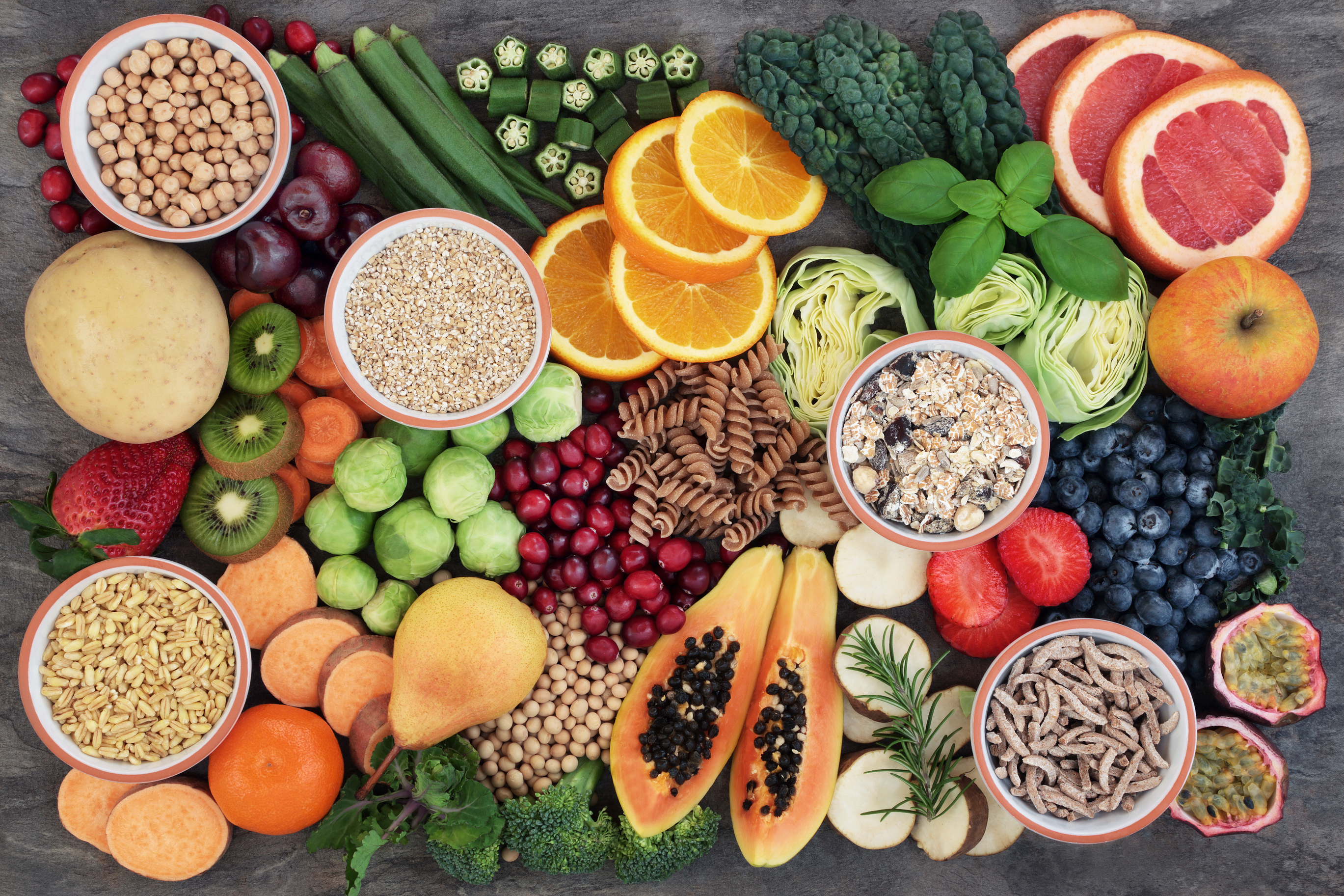
Every year, a significant amount of food is lost or wasted on its way from the farm to your fork.
Food loss and waste is responsible for an estimated 8-10 per cent of global greenhouse gas emissions. That's far higher than the emissions caused by commercial flights, according to the Intergovernmental Panel on Climate Change.
Not only does food waste affect the environment, but it impacts your wallet.
“Almost two-thirds of the food waste in single-family households is avoidable, and that costs the average household $1,400 a year. By throwing less food away, you can reduce the amount of greenhouse gases at the landfill and save money,” said Danny Powell, Sustainability Planner with Winnipeg’s Office of Sustainability and acting coordinator of the Winnipeg Food Council.
September 29 marks the International Day of Awareness of Food Loss and Waste - a day that we hope Winnipeggers will keep in mind as they go about preparing their meals, cleaning out their fridges, and at the grocery store.
Here are some easy tips to help you start reducing your food waste:
Plan ahead
- Once a week, spend some time planning meals for the upcoming week.
- Check your fridge, freezer and cupboards before shopping. See what needs to be used up and then think of a meal to make with those items.
- To preserve freshness and nutrition, use perishables like seafood and meat earlier in the week and save staples (pasta, dairy, eggs) for later in the week.
- Buy fresh vegetables in smaller amounts and use frozen vegetables to fill in the gaps.
Keep it fresh
- Keep food fresh longer by storing it in the correct place and setting the temperature in your fridge to 4°C or lower.
- Set one produce drawer to high humidity to store vegetables that wilt, like leafy greens. Set another produce drawer to low humidity for fruits and some vegetables that last longer in your fridge, like apples and peppers.
- Freeze items to make them last longer. Bread can last up to three months in the freezer, chicken can last up to nine months and most vegetables can be frozen for eight months to a year.
- Keep this fridge guide handy to help you use your fridge more effectively.
Use it up
- Soak wilted vegetables like celery, lettuce, broccoli, or carrots in a bowl of ice water for five to 10 minutes to perk them up.
- Fruits and vegetables past their prime are not only great in smoothies, but also taste great in baked, stir-fried and grilled dishes.
- A best before date is not the same as an expiration date. If a package has remained unopened, even after the best before date, it can still be of good quality and freshness, as long as it has been stored properly.
- Learn or create new recipes which allow you to use the entire food, such as making chips from potato peels or pesto with carrot tops.
- Try pickling to preserve fruits and vegetables for a later day.
- Compost whatever produce you can’t use or reinvigorate.
We are also taking steps to address food waste at the City level.
We began a two-year Residential Food Waste Collection Pilot Project in October 2020. During the pilot, which wrapped up in September of 2022, food waste from homes in several areas of Winnipeg was collected in an effort to divert it from the landfill.
Earlier this month, the Standing Policy Committee on Water and Waste approved a proposal to create a permanent food waste collection program.
The proposal will next go to the Executive Policy Committee and then on to Council.
